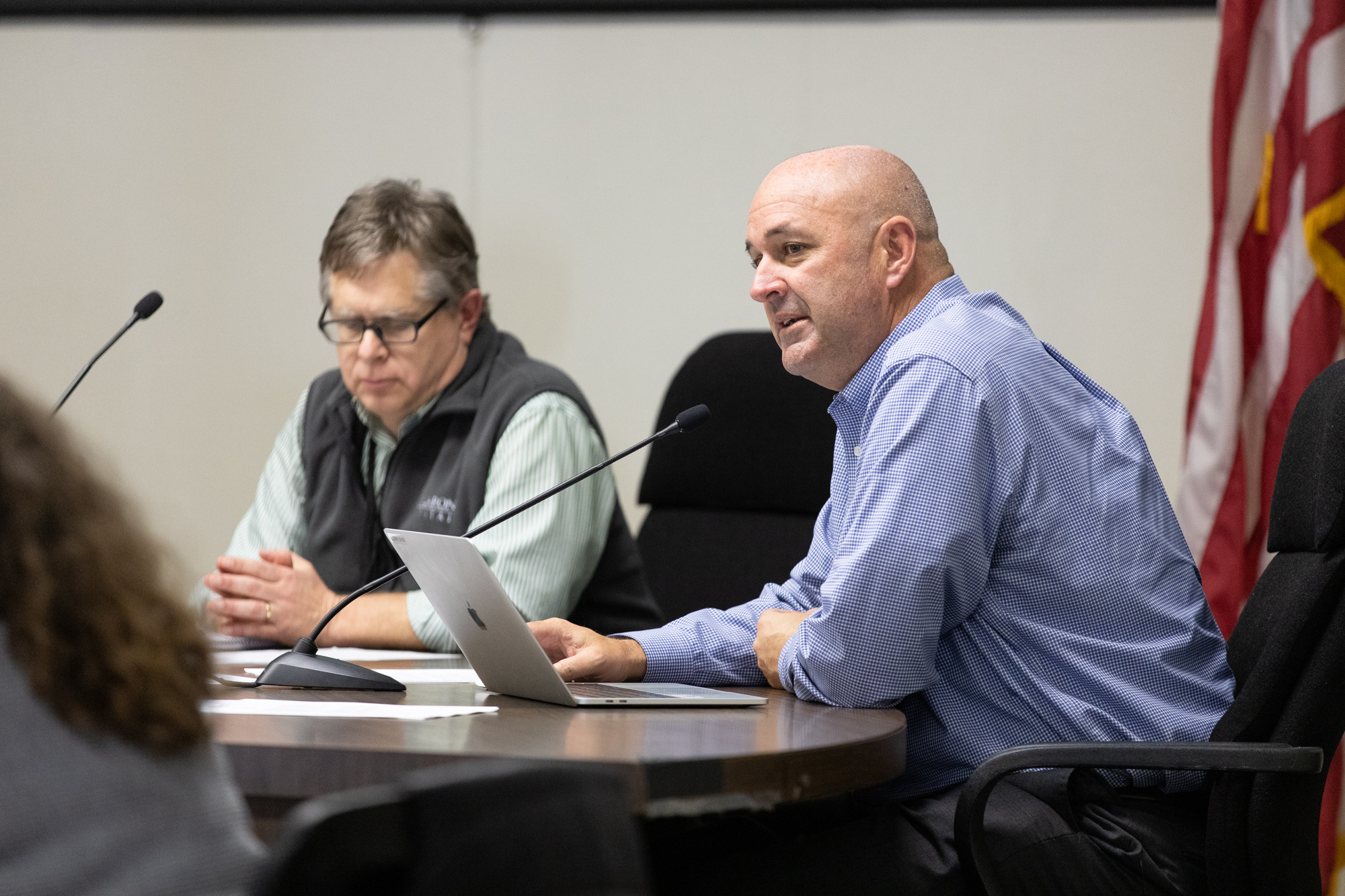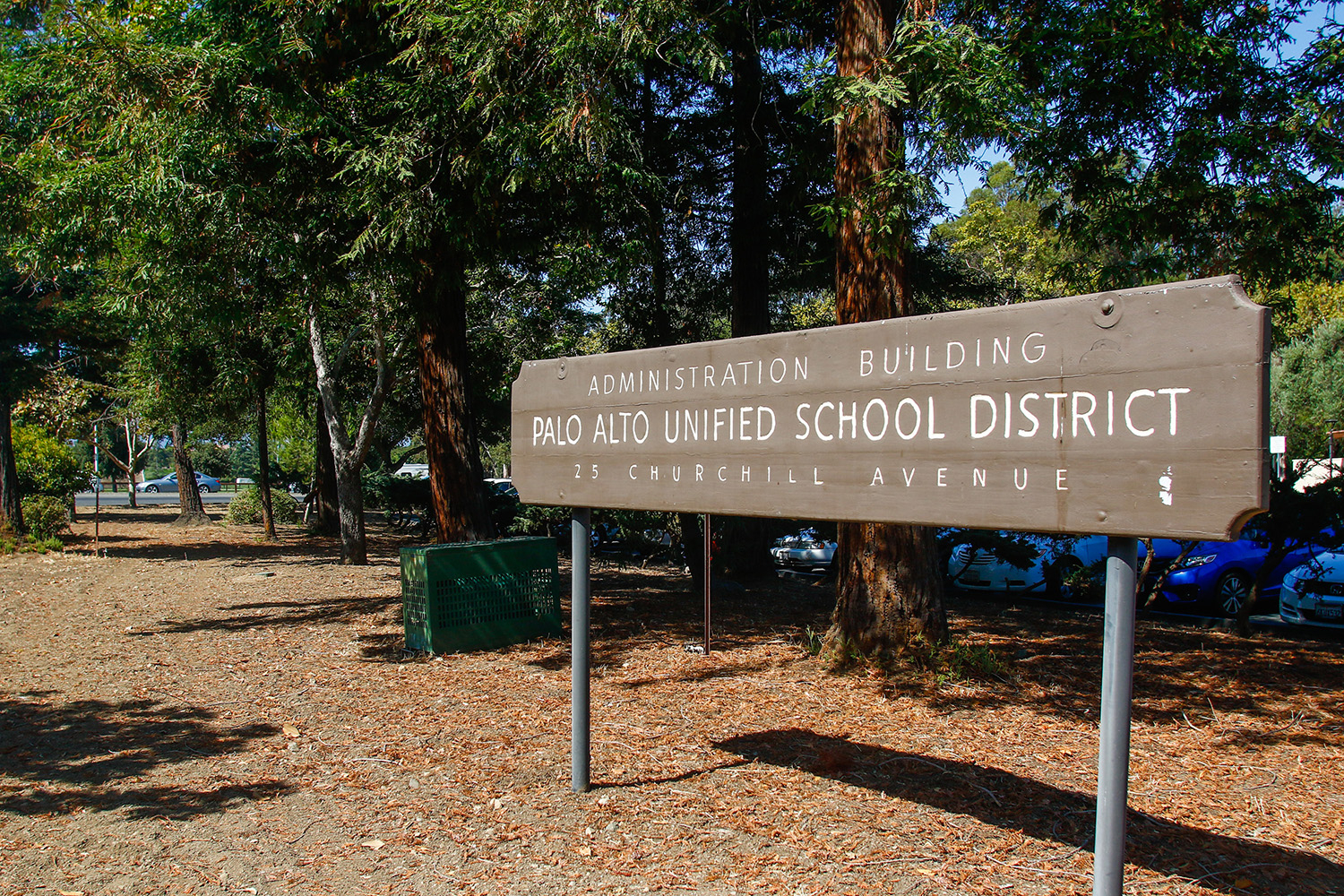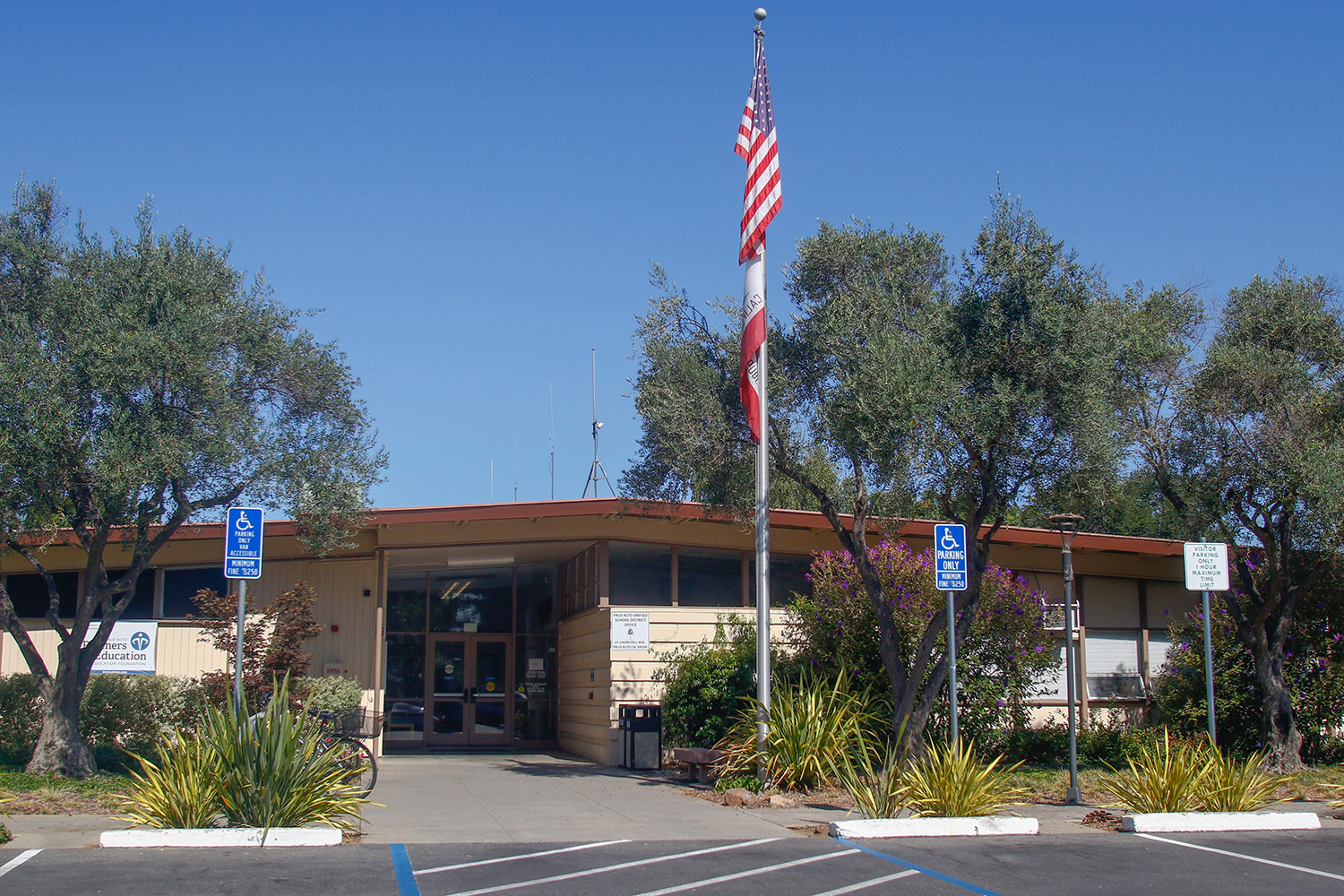Superintendent candidates are in the driver's seat in California, where openings are plenty and fewer veteran candidates are interested. The result is higher salaries, better perks and less experience required.
Superintendent pay in California has skyrocketed in the last decade, with salaries in some districts growing more than 60%, according to an EdSource analysis of 53 California superintendent contracts.
Contracts show salaries that range from $130,000 in rural McKinleyville in Humboldt County, where Julie Giannini-Previde leads a district of 928 students, to $441,092 in suburban Elk Grove, near Sacramento, where Christopher Hoffman is at the helm of a district of 63,000 students.
Districts must pay a good salary to attract and retain qualified superintendents, said Nancy Chaires Espinoza, Elk Grove Unified school board president. Even with good salaries, some qualified people aren't interested in applying for superintendent positions, she said.
"It's really hard to recruit and retain superintendents because the job has changed, and the job of superintendent has become much more difficult, given the political environment," she said.
A survey of 2,443 superintendents nationwide by the School Superintendents Association showed a median annual salary of $156,468 last school year, with pay increasing at districts with higher enrollment. No comparative salary data is available for California, although the California Department of Education has salary information for 2021-22. That year, superintendents in unified districts with 10,000 to 20,000 students earned an average yearly salary of $278,268 and superintendents in districts with 20,000 or more students averaged $319,443 a year.
"If the district really wants somebody, and they're holding out for a higher salary, they're probably going to get it because it is hard to find people," said Cathy Nichols-Washer, who retired as superintendent of Lodi Unified School District last school year.
Superintendent of fifth-largest district, one of highest paid
Elk Grove's Hoffman makes $1,000 more a year in salary than Alberto Carvalho, the superintendent of Los Angeles Unified, the state's largest school district, according to the most recent employment contracts available to EdSource. Carvalho, who leads a district of 538,000 students, earns a $440,000 base salary, with no promise of annual raises.
Hoffman's current salary is a 63% increase over the $270,000 salary he received when he was hired in 2014. He also earned 2% bonuses this school year and last, as well as retroactive pay raises, according to his contract. Hoffman's salary is higher because his car and expense allowances have been folded into his pay, said Chaires Espinoza. Last year Hoffman's benefit package was worth $133,780, she said.
Carvalho's benefit package more than makes up for the difference in salary. It includes a $1.5 million district-paid life insurance policy, use of a car, a $50,000 annual contribution to a retirement account, the ability to cash out some vacation days, and the use of security and a driver if needed. He was also paid $50,000 in 2022 to relocate from Florida to Los Angeles.
Chaires Espinoza says Hoffman earns his salary. She credits his relationship with the district's unions with enabling Elk Grove Unified to be the first district to close schools in the wake of the Covid-19 pandemic. She also cited Hoffman's longevity as superintendent — nine years — and his knowledge of the district, as other reasons he is worth the paycheck.
"I can tell you unequivocally that he is the best superintendent in the state," she said.
Superintendents of large school districts aren't the only ones making big salaries. Some superintendents in smaller districts out-earned colleagues overseeing much larger districts. Bay Area superintendents Donald Austin of Palo Alto Unified and Michael Gallagher at Sunnyvale School District, who earn $378,000 and $374,000 respectively, make more than superintendents in much larger districts in the state, including San Francisco Unified.
Pay increasingly tied to employee pay raises
Superintendents are increasingly asking for "me too clauses" in their contracts that give them the same raises as the employees whose contracts they help negotiate. Almost a fifth of the superintendent contracts reviewed by EdSource contained these clauses.
"That is more standard than not," said Dennis Smith, managing search partner for Leadership Associates, a recruitment agency that does many of the superintendent searches in California. "The superintendent will get the same increases as credentialed staff and administrators. That's common. People don't want to see the superintendent get a bigger increase than others."
Smith doesn't think that this impacts superintendents' decisions when negotiating with their unions. "The superintendent is going to negotiate the best package possible for the district," he said. "I've never seen any self-interest involved in it."
Chaires Espinoza says there is no conflict because the school board approves all raises.
But others disagree.
"This is a textbook example of a conflict," said David Kline, spokesman for the California Taxpayers Association, a nonprofit tax advocacy association. "It's definitely a conflict. You essentially have one person sitting on both sides of the bargaining table. We would like to see the end to that sort of contract. The superintendent should be paid based on performance."
Benefits add cost, value to contracts
There is a lot more to a superintendent's contract than salary. It spells out how many days the superintendent will work, how much the district will contribute to health and retirement benefits, how the manager will be reimbursed for expenses and whether the superintendent can accept outside jobs, earn overtime pay, or cash out sick leave and vacation time. It even spells out the number of months that a superintendent will be paid if he or she is fired without cause.
A healthy benefit package can more than make up for a lower salary. Some superintendents receive life insurance policies, stipends for advanced degrees, housing allowances, expense accounts, extra pay for advanced degrees, deferred compensation and annuities, longevity bonuses, lifetime health benefits and district-paid security.
Less common are things like the option for Palo Alto Superintendent Austin to live in a district-provided house or boost his salary by $25,000 or the three-month sabbatical that was part of Oakland Unified Superintendent Kayla Johnson-Trammel's 2022 contract.
"We have noticed in news stories on superintendents throughout the state, it does seem they are being paid very generously from taxpayer funds with many perks the private sector couldn't dream of receiving," Kline said.
Superintendent benefits put district in the spotlight
One case in particular has put superintendent pay and perks in the spotlight. In 2021, Ontario-Montclair Superintendent James Hammond earned $542,988 in wages and $200,608 in retirement and health contributions, according to the State Controller's website. His wages grew because he was able to cash out 85 days of sick time and 25 vacation days, according to media reports. The district has 18,471 students.
In 2022 the school board capped Hammond's annual sick days at 85 and required that he wait to cash out his accrued sick days until he leaves the district, instead of annually, according to the Daily Bulletin. The move reduced his total compensation by $100,000 that year, according to the State Controller's website.
The Ontario-Montclair school board continues to be generous to Hammond. In July, the district increased his base salary to $368,547. The contract continues to allow the superintendent to cash out any of his 25 vacation days annually, or to accrue them and cash them out when he leaves the district.
Hammond also receives $2,500 a month from the district to pay for a life insurance policy and $66,000 — the maximum contribution allowed — to a tax-sheltered annuity. He and eligible members of his family also receive lifetime medical insurance benefits.
"I can confidently attest that Dr. Hammond has instrumentally helped to positively transform the Ontario-Montclair School District over the last 14 years," said board President Sonia Alvarado. "As one of the most senior superintendents in San Bernardino County, students and families have benefited from his strategic vision and shared leadership style."
The amount of compensation is meant to retain Hammond, who could leave for a similar compensation package in a large school district, at a university or in the private sector, Alvarado said.
"It is a very competitive market, particularly for large, urban school systems where there is usually a high turnover in the superintendent positions that often results in severance packages and settlements that are both costly and disruptive," Alvarado said. "Recruiting and retaining effective leadership is one of the primary responsibilities a school board should prioritize."
CSBA advises against 'compensation schemes'
A California School Boards Association template for superintendent contracts offers advice for school boards that are thinking about keeping salaries low and offering bigger perks to superintendents to stay under the radar.
"Even when faced with such pressures, boards should avoid using 'creative' compensation schemes that tend to erode public trust, such as low salary but exorbitant benefits," according to the CSBA.
Instead, the CSBA suggested that the district offer a competitive salary and reasonable benefits that are comparable to what other districts are paying.
Legislators try to regulate pay, benefits
Some states' legislative bodies are considering capping the amount school districts can pay their school superintendents. California hasn't taken that step, although state lawmakers passed a bill in 2013 to limit the maximum cash settlement to a district superintendent who is fired without cause to the amount of time left on his or her contract, or 12 months, whichever is less. Before that decision, superintendent contracts could include a payout of up to 18 months.
Almost every employment contract reviewed by EdSource required that the superintendent be paid if they are fired or, in some cases, if there is a mutual agreement that they resign.
Rachel S. White, an assistant professor at the University of Tennessee, Knoxville, who runs a research lab that collects data about school superintendents, said, "They (superintendents) are saying they want that protection because they know elections can happen, and the board turns over, and they're out the next month."
This story originally appeared in EdSource.




Comments
Registered user
Cuesta Park
on Dec 28, 2023 at 9:23 am
Registered user
on Dec 28, 2023 at 9:23 am
Is a $1,100 a session one-on-one personal wellness meditation a benefit that should be counted? (personal health-related benefit? MVWSD)